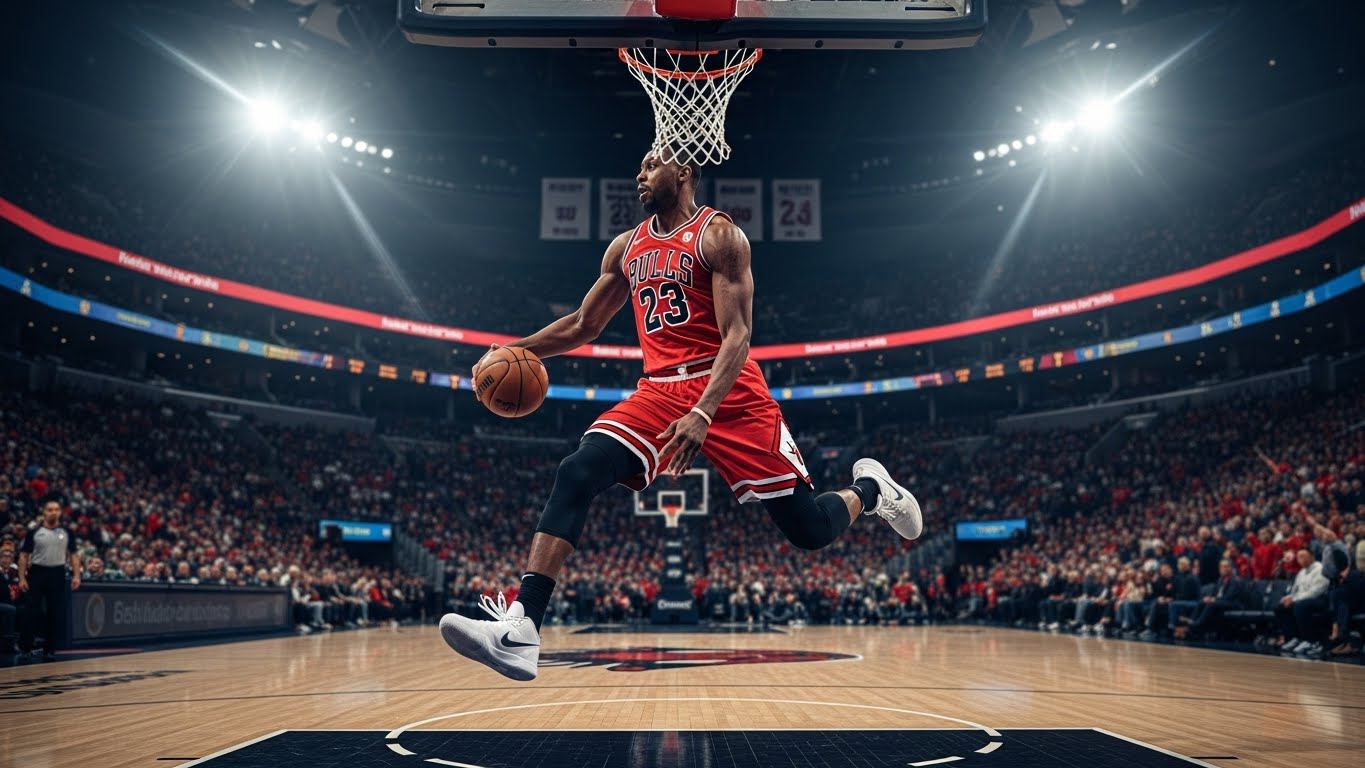Introduction: The Unmatched Appeal of Sports
Sports are much more than just games; they are a powerful force that unites people from all walks of life. Whether it’s the adrenaline of a last-minute goal, the collective cheer of fans, or the personal triumph of pushing through adversity, sports offer a unique experience that transcends age, race, and nationality. In a world increasingly driven by technology and individual pursuits, sports remain one of the last remaining universal languages, one that fosters camaraderie, promotes physical health, and builds cultures.
The Social Impact of Sports
One of the most remarkable aspects of sports is its ability to bring people together. It’s not just the athletes who benefit from these experiences, but the communities around them. From grassroots initiatives to international tournaments, sports create connections that go beyond the playing field. Local sports leagues give people of all backgrounds a chance to belong to something bigger than themselves. In this sense, sports act as a community builder, creating bonds that can help break down barriers of class, culture, and even language.
Internationally, major events like the Olympics or FIFA World Cup offer an opportunity for countries to showcase their best athletes and celebrate their shared humanity. These global gatherings often bring together people from different countries, fostering a sense of unity that transcends politics and history. Through sports, we witness how competition can simultaneously promote understanding and respect.
Health Benefits: More Than Just Physical Fitness
While sports are often celebrated for their entertainment value, they provide a myriad of health benefits that extend beyond the physical. Engaging in regular sports activity strengthens the heart, improves muscle tone, enhances flexibility, and boosts overall fitness. This is common knowledge. However, the mental and emotional benefits are just as important.
Exercise, through sports, triggers the release of endorphins, known as the “feel-good” hormones. This not only helps to alleviate stress but also reduces symptoms of depression and anxiety. In a world where mental health issues are on the rise, sports offer an accessible and effective way for individuals to find relief. Moreover, sports encourage discipline, time management, and resilience, all of which contribute to a stronger, more balanced lifestyle.
Sports and Personal Growth: Lessons Beyond the Field
While the physical and health benefits are significant, the true value of sports lies in the lessons it teaches. Through sports, athletes learn invaluable life skills such as teamwork, perseverance, and leadership. Overcoming obstacles on the field often translates into overcoming challenges in life. The discipline required to train, the ability to push past self-doubt, and the resilience to get back up after a loss or injury are all qualities nurtured through athletic experiences.
Sports also teach respect—both for oneself and for others. Athletes are taught to respect their opponents, the rules of the game, and the process of competition itself. In many sports, losing is as much a part of the journey as winning. This mentality promotes personal growth by emphasizing the importance of effort, learning, and continuous improvement over merely achieving victory.
The Role of Technology in Modern Sports
In today’s fast-paced world, technology has transformed the way we experience and engage with sports. From advanced training techniques to high-definition broadcasts and virtual reality simulations, sports have entered a new era. Coaches now use data analytics to refine player performance, while fans enjoy the excitement of live events streamed directly into their homes.
Wearable technology, like fitness trackers, has also revolutionized how athletes monitor their progress. These devices provide real-time data on heart rate, calories burned, and muscle activity, helping athletes optimize their performance. Moreover, sports fans are no longer limited to stadiums; they can follow their favorite teams and players from anywhere in the world, thanks to digital platforms.
Conclusion: More Than Just a Game
Sports will always hold a unique place in human culture. They embody the best of human nature—the drive for excellence, the will to overcome adversity, and the joy of coming together as a community. While the games themselves may be temporary, the values they instill—teamwork, resilience, health, and respect—are long-lasting and transformative.
In every sprint, every pass, every goal, sports remind us of our shared humanity. They are more than just entertainment or competition; they are a celebration of what it means to be alive, to work together, and to strive for something greater. In a fragmented world, sports provide a much-needed sense of connection, unity, and hope.


